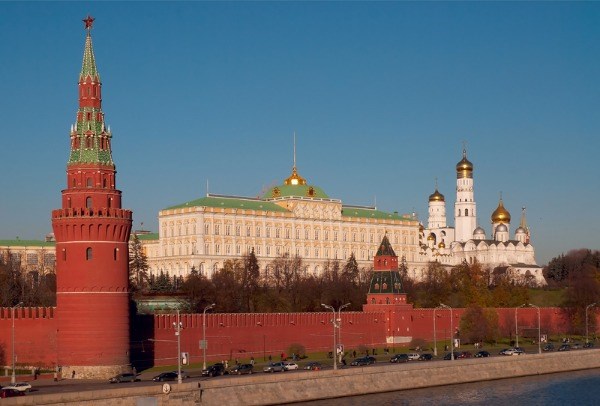Kremlin offers the US to start Venezuela negotiations
The Russian government has started to lose faith in its ability to keep Nicolás Maduro in power in Venezuela, despite the $17 billion Moscow has spent on assistance for the country over the last 12 years.
When another of Venezuela’s major creditors – China – began negotiations with opposition leader Juan Guaidó, who has been recognized as interim president by the US, EU and 8 Latin American countries, the Russian Foreign Ministry contacted Washington, asking to begin bilateral consultations on the situation.
Russian Foreign Minister Sergey Lavrov announced his willingness to discuss Venezuela’s fate during a phone call with US Secretary of State Mike Pompeo, the Russian Foreign Ministry reported.
Although Moscow still considers Washington’s policy “overt interference in the internal affairs of a sovereign state and a gross violation of international law”, and views the humanitarian aid as merely a “disingenuous pretext” for “destructive external influence”, Lavrov said that his department is willing to negotiate, provided the UN Charter is strictly adhered to.
He added that “only the Venezuelans have the right to determine their future”, perhaps hinting that Russia is no longer willing to prevent the second round of elections that the US and EU are insisting on.
The phone call between Pompeo and Lavrov took place after Venezuelan Vice-President Delcy Rodriguez visited Moscow. During her visit, the decision was made to transfer the European office of the Venezuelan state-owned oil company, PDVSA, to Moscow. Since January, the company has been under severe US sanctions, making operation in Europe virtually impossible.
“Venezuela is Russia’s strategic partner,” said Lavrov before meeting with Rodriguez. He added that Moscow “will categorically oppose brazen attempts to interfere” in its internal affairs.
So far, Russia’s attempts to do this are “pitiful”, said US Special Representative for Venezuela Elliott Abrams at a press conference: although Russia vetoed the UN Security Council Resolution proposed by the West, its own version of the document received only 4 votes.
The Russians and Chinese are probably concerned that they may not be able to recover the money they invested in Maduro, but they must understand that it is only by restoring the economy that they can ensure they get their investments back, Abrams emphasized.
“Talks between Russia and Maduro’s cronies are only useful if they are discussing retirement beaches for Maduro...” US National Security Advisor John Bolton said in a tweet on 1 March.
